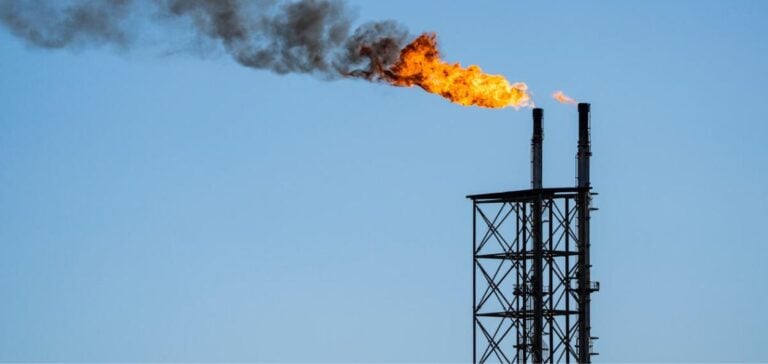According to analysts at S&P Global Commodity Insights, strong demand for natural gas-fired thermal power is required this summer to reduce the considerable storage surplus in the USA. At March 15, gas storage capacity was 55% utilized, with 2.332 Tcf of natural gas in storage, 678 Bcf above the five-year average. Storage inventories are expected to reach their highest level since 2016 at the end of the shrinkage season.
Gas-coal competition
Competition between coal and gas looks set to be intense this summer, with coal stock levels at their highest since November 2020. Power plants had up to 177 days of sub-bituminous coal reserves, the highest level since at least 2010. Despite an increase in coal use in January due to cold weather and gas price peaks, coal consumption fell rapidly in February.
Impact of renewable capacity
Coal and gas’s share of the market could shrink this summer as renewable capacity increases. The Energy Information Administration (EIA) forecasts the addition of 36 GW of solar capacity in 2024, following the 19 GW added in 2023. Normal renewable production this summer would represent an additional challenge for thermal generation.
Gas demand and price forecasts
Analysts at S&P Global forecast gas demand for the energy sector at 37.7 Bcf/day in the summer of 2024, down 500 MMcf/day on the previous year. In response to low prices, planned gas production for the summer was reduced by 800 MMcf/day, reaching an average of 101.5 Bcf/day, or 1.3 Bcf/day less than in summer 2023.
Faced with depressed prices, some producers have already begun to cut back on production. Although these adjustments have been planned in response to expected market conditions over the summer, it is possible that producers will further revise their production plans, which could mitigate price weakness.






















